Language is a funny thing, and nowhere are its nuances more evident than in the obscure differences between American and British English. While both versions of the language are rich and expressive, some American words for things make a lot more sense than their British counterparts. You can always count on the Brits to make things more complicated. Americans choose simplicity every time, and it shows in the following.
Flashlight vs. Torch
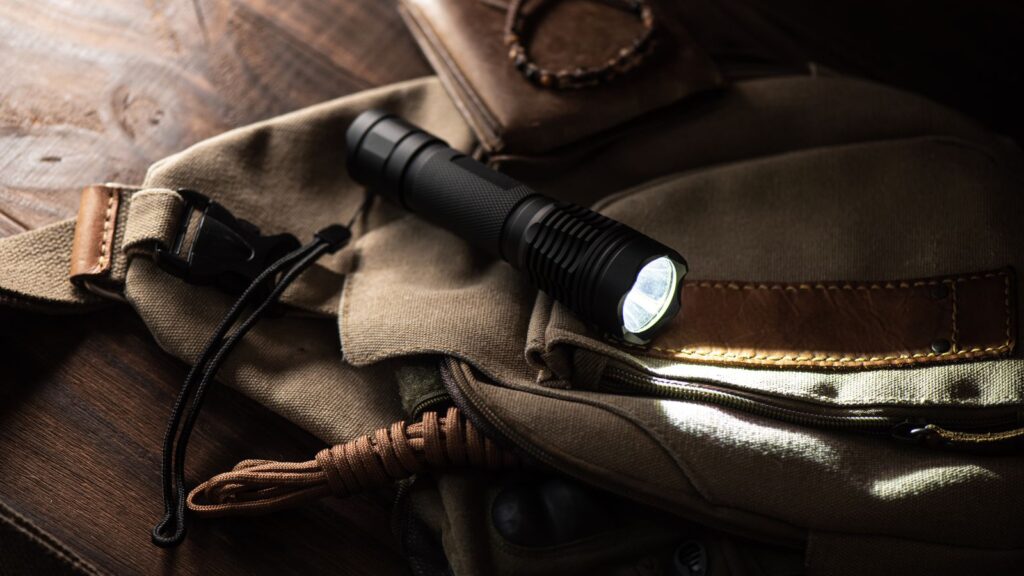
In the US, a ‘flashlight’ clearly indicates a portable light source powered by batteries. A ‘torch’ might be a burning version akin to the famous Olympic torch. No one wants to use that in a power cut. It's a much more straightforward term for a handy tool. Why overcomplicate?
Cookie vs. Biscuit

Americans call sweet baked treats cookies. It sounds tastier and much more specific than ‘biscuits,’ a term that in the US refers to a soft bread roll. It all gets very confusing, particularly as the British version of a cookie is an actual cookie. It's easy to see why hungry shoppers tend to simply point at their chosen items.
Trunk vs. Boot

The ‘trunk’ of a car suggests a sturdy storage compartment, right? The British ‘boot’ might make you think of footwear. Putting something in your boot in Britain leads to a whole world of possibilities and several raised eyebrows. Why would you throw your sports gear in your boot?
Sweater vs. Jumper

In the US, a ‘sweater’ makes it clear that it's a warm garment you wear in cold weather. The British ‘jumper’ could be confusing, as it sounds like something you’d wear to jump around in. What if you want a jumper that you don’t have to jump around in? Is that a sweater? The British also differentiate between jumpers, sweaters, hoodies, and cardigans. It's far too complicated.
Diaper vs. Nappy
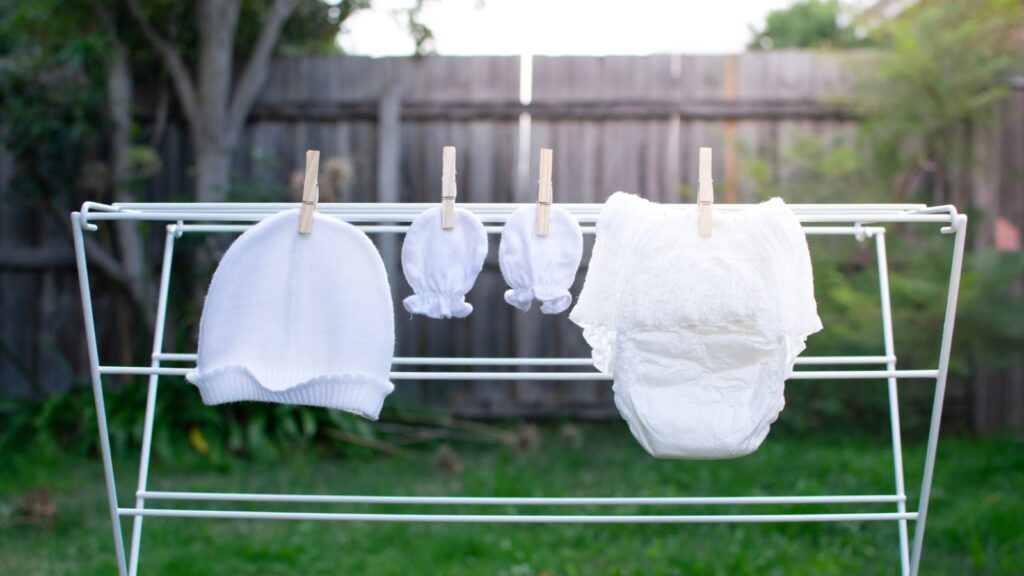
The word ‘diaper’ logically describes a product for absorbing moisture, while ‘nappy’ doesn’t provide any clues about its function. ‘Diaper’ gets straight to the point. Taking a baby to ‘get a nappy’ might be considered sleep time in baby language. It carries little logic, so Brits could learn a thing or two from their stateside counterparts, like ‘keep it simple.'
Zucchini vs. Courgette
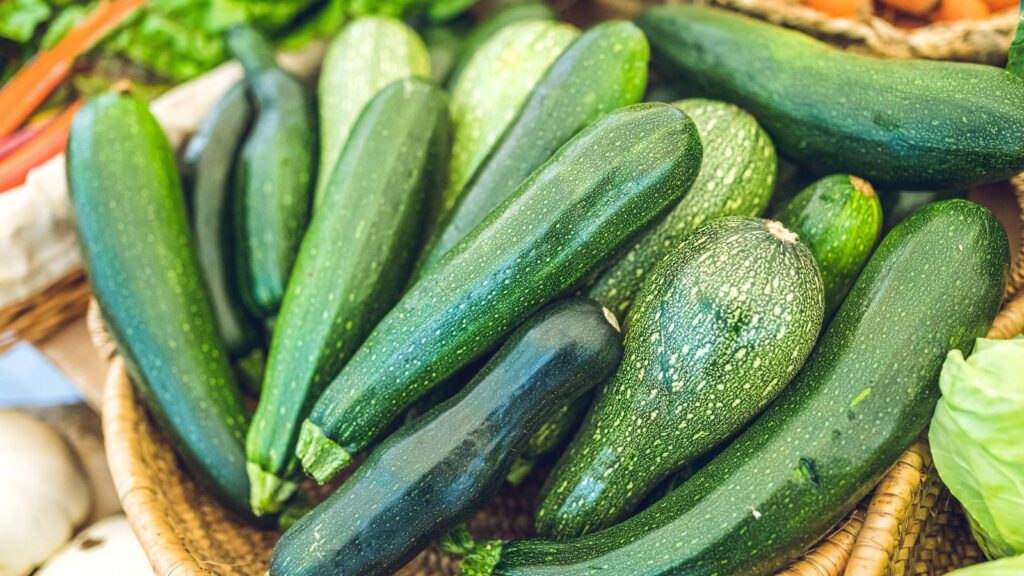
Americans adopted the Italian term ‘zucchini,’ which sounds fresh and appetizing. The British ‘courgette’ comes from the French term, but ‘zucchini’ is easier to pronounce and remember. Either reference may take some explaining, but ‘courgette' doesn't quite roll off the tongue with the same eloquence. They taste great either way.
Eggplant vs. Aubergine

‘Eggplant’ describes the vegetable’s appearance when it’s young and white, resembling an egg. Very straightforward. The British ‘aubergine’ sounds quite fancy but doesn't convey the same visual hint. Then again, there’s no egg in eggplant, so that’s equally as confusing.
Candy vs. Sweets
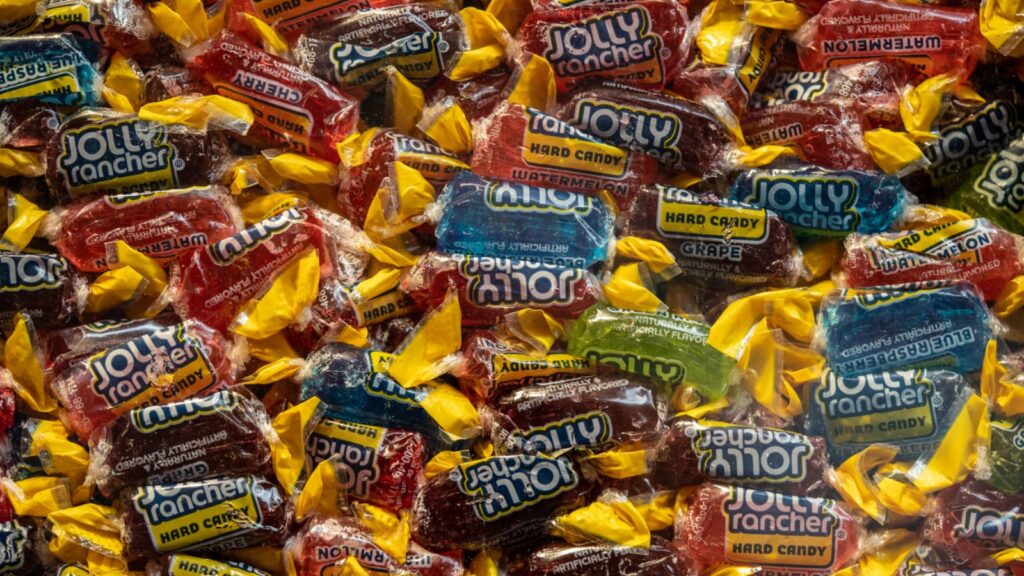
The American ‘candy’ is a catch-all term that describes all sugary treats, whereas ‘sweets’ can be vague, referring to both desserts and candies in British English. If you want something sweet in England, you might get a candy, but you may get a sugary tea. It’s anyone’s guess.
Truck vs. Lorry
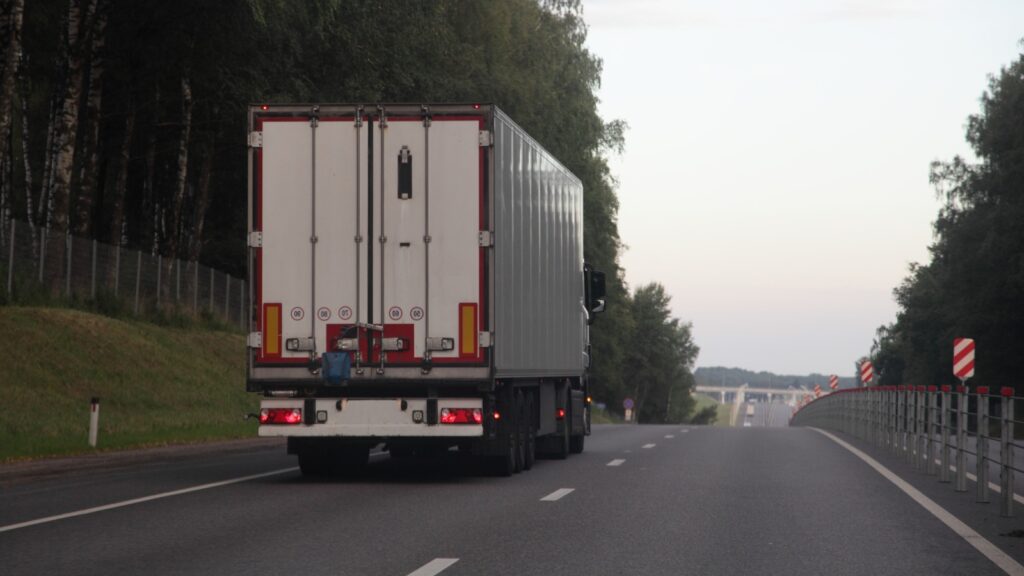
‘Truck’ evokes the image of a robust, practical vehicle used for hauling goods. The British ‘lorry sounds a bit more whimsical, but it lacks the straightforward utility of ‘truck.’ Truck sounds more masculine and well-suited to the heavy-duty vehicle.
Vacation vs. Holiday

In the US, a ‘vacation’ is a period taken off work to relax, whereas ‘holiday’ in British English can mean a festive day, a bank holiday, a pre-booked day off work, or a vacation. Confusion personified.
Soccer vs. Football

While ‘football’ makes sense in many parts of the world, ‘soccer’ helps Americans distinguish it from their version of football, making the distinction clear in a country with multiple popular sports. The Brits get quite put out hearing their favorite football game being called soccer. To them, football is theirs. Fight it out between you.
Apartment vs. Flat

‘Apartment’ is perfectly self-explanatory. It implies a part of a larger building, whereas ‘flat’ sounds too vague or one-dimensional. ‘Apartment’ captures the essence of city living more descriptively. If a Brit says they live in a flat, don’t say, ‘A flat what?’ They mean an apartment. They still manage to differentiate between a flat and an apartment, though.
Elevator vs. Lift

‘Elevator’ clearly describes a device that elevates or moves people between floors. ‘Lift’ can be more ambiguous, as it can also mean to raise something or pick up someone in a car. Getting a lift could mean many things for a Brit.
Eraser vs. Rubber

In the US, an ‘eraser’ is specifically for removing pencil marks, whereas ‘rubber’ could mean something entirely different. A rubber in the UK is a whiteboard eraser. Baffling.
Line vs. Queue

Americans ‘stand in line,’ which conveys the straightforward idea of people forming a line. ‘Queue’ is a bit more formal and might not be as immediately understood by younger speakers. In the UK, a line is nothing more than a one-dimensional stroke. They do love a good queue, though.
Stroller vs. Pram
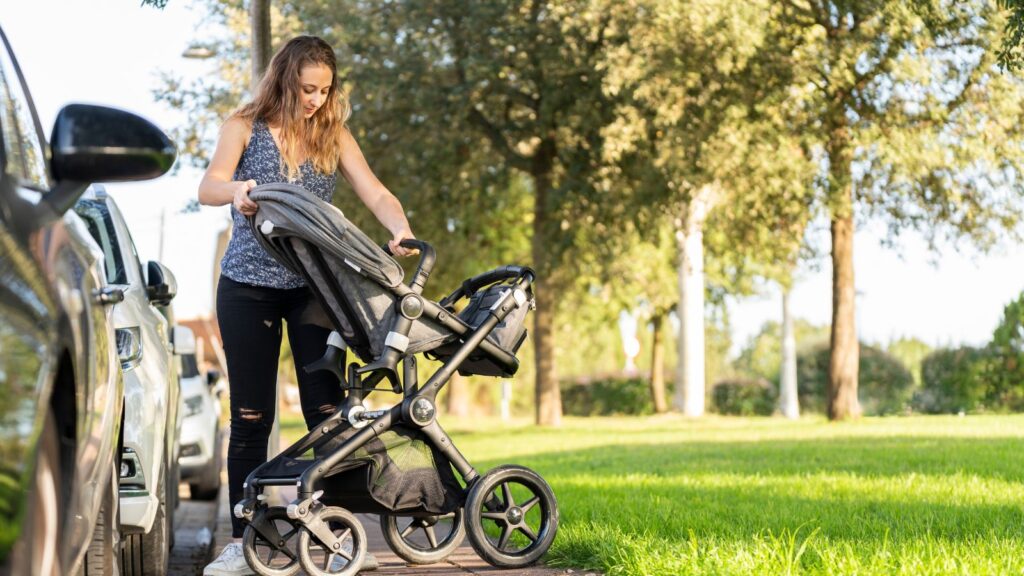
‘Stroller’ makes perfect sense as a device you stroll with your baby. ‘Pram’ (short for perambulator) sounds outdated and less intuitive for modern parents. One gets straight to the point; one goes via the scenic route. You can decide which.
Gas vs. Petrol
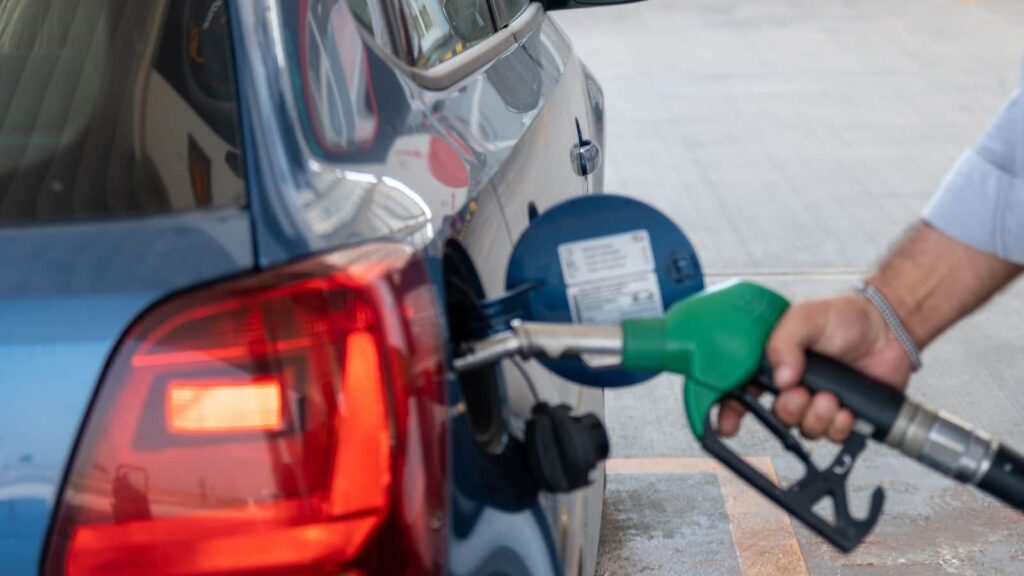
‘Gas’ is short for gasoline, making it abundantly clear that it's a fuel source for cars. ‘Petrol’ sounds scientific but doesn’t roll off the tongue as easily for everyday use. What’s diesel, then?
Sneakers vs. Trainers
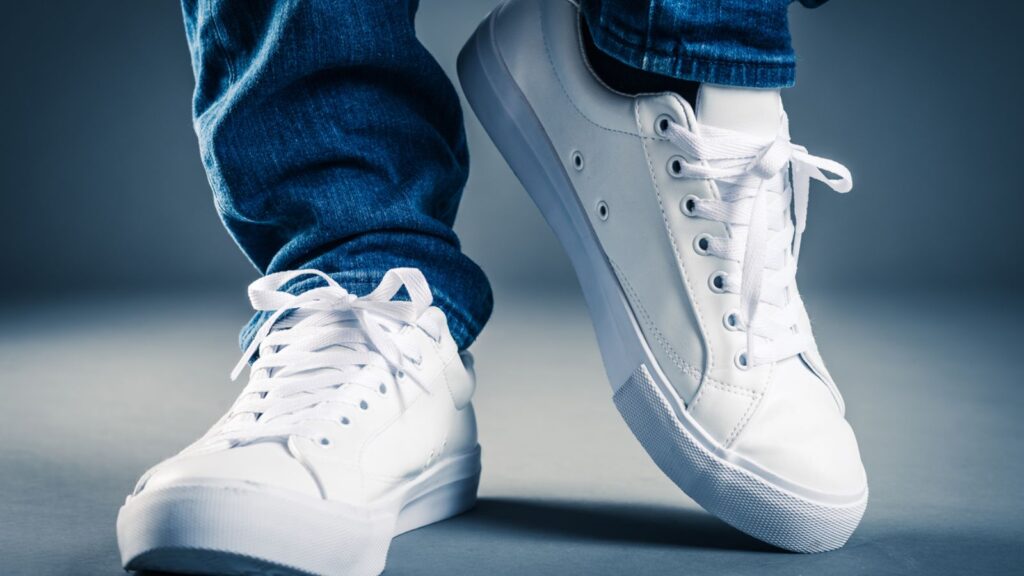
‘Sneakers’ hints at a comfortable shoe you can sneak around in, which is much more playful and descriptive than ‘trainers,’ which could refer to personal trainers or training equipment. If you’re packing your trainers in your overnight bag, who knows what your American counterparts will visualize.
30 Traditional Sayings That Are Now Considered Offensive by Woke Culture

30 Traditional Sayings That Are Now Considered Offensive by Woke Culture
21 Habits Often Associated With Having a Lower Social Status

21 Habits Often Associated With Having a Lower Social Status
25 Social Issues Gen Z are Determined to Cancel

